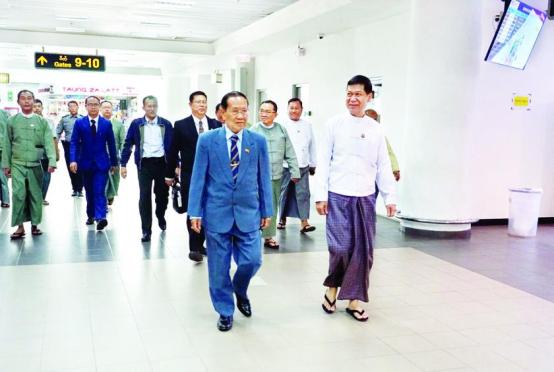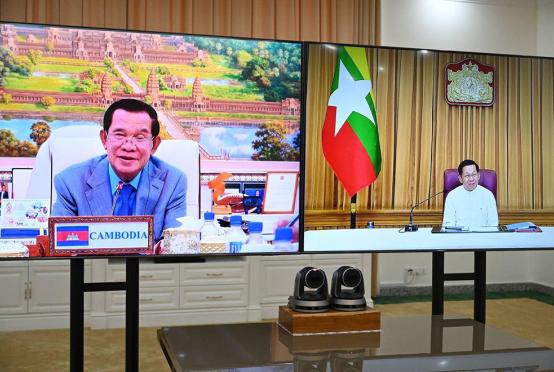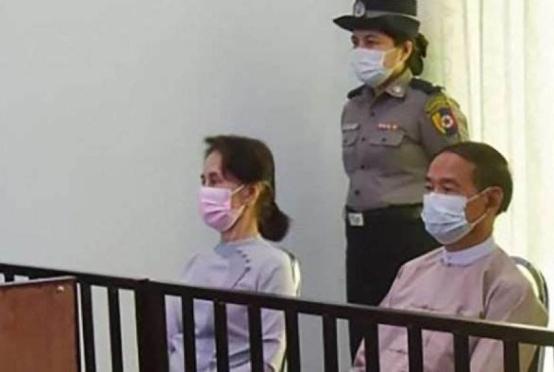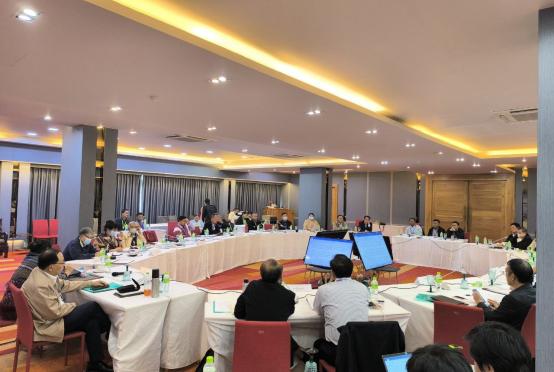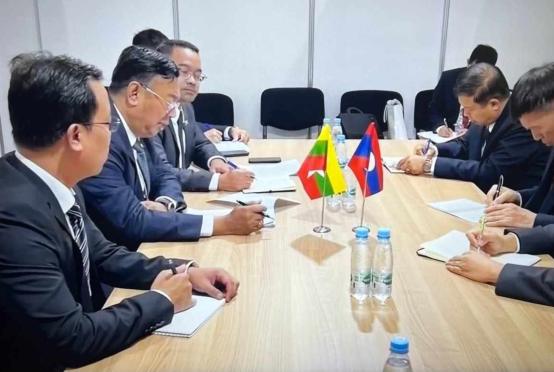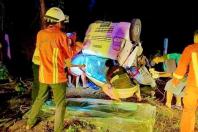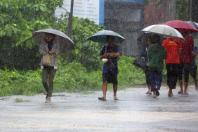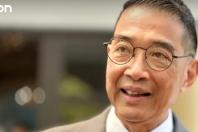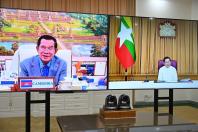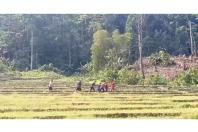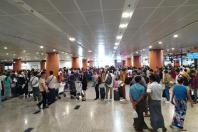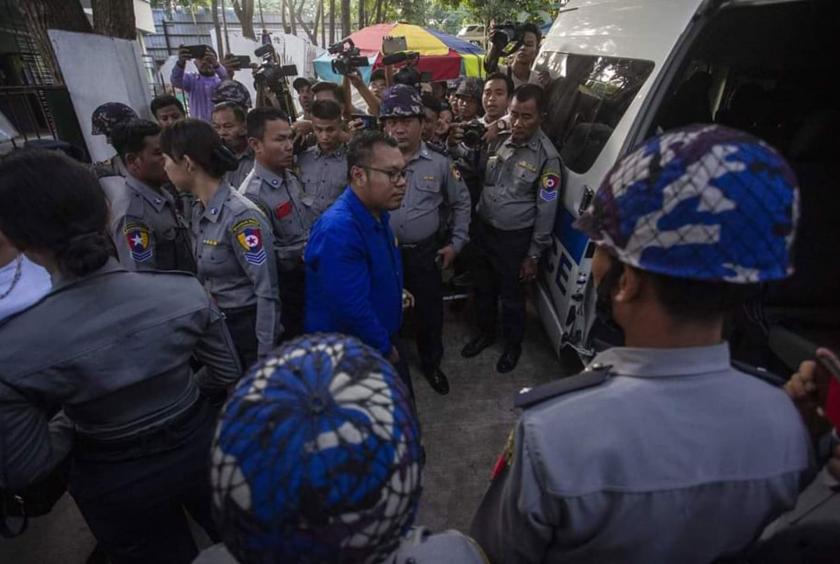
The threat to freedom of expression has reached danger level as Myanmar still hold more than 70 political prisoners, according to a report issued by the Assistance Association for Political Prisoners (AAPP) on December 16.
There were 80 political prisoners till the end of November and six were released in December.
However, AAPP points out that there are 663 people in total facing trials inside and outside prison for charges related to political affairs.
The association issues monthly reports on the list of those facing trials. In October there were only 59 political prisoners but the number increased by 21 at the end of November, said Aung Myo Kyaw, AAPP Yangon office in charge.
By the end of November, there were 80 political prisoners, 180 political activists in custody facing trials and 373 others facing trials outside prison, according to the November report.
In November, lawsuits were filed against 35 people—four activists under Section 19 of the peaceful assembly and procession law, 23 civilians from Rakhine State under the anti-terrorism law and the penal code and three activists under Section 505 (a) of the penal code.
Forty one people were arrested in November. Of them, 36 were from various townships in Rakhine State and five were political activists.
Aung Myo Kyaw said those lawsuits filed by the government and military posed an obstacle to democracy.
"Theses days, there are more cases related to Section 505 (a). A group of Thangyat (orchestra that performs chanting slogans) was imprisoned. There are more and more cases in which people are arrested in relation to free expression. This is not a good sign," Aung Myo Kyaw said.

